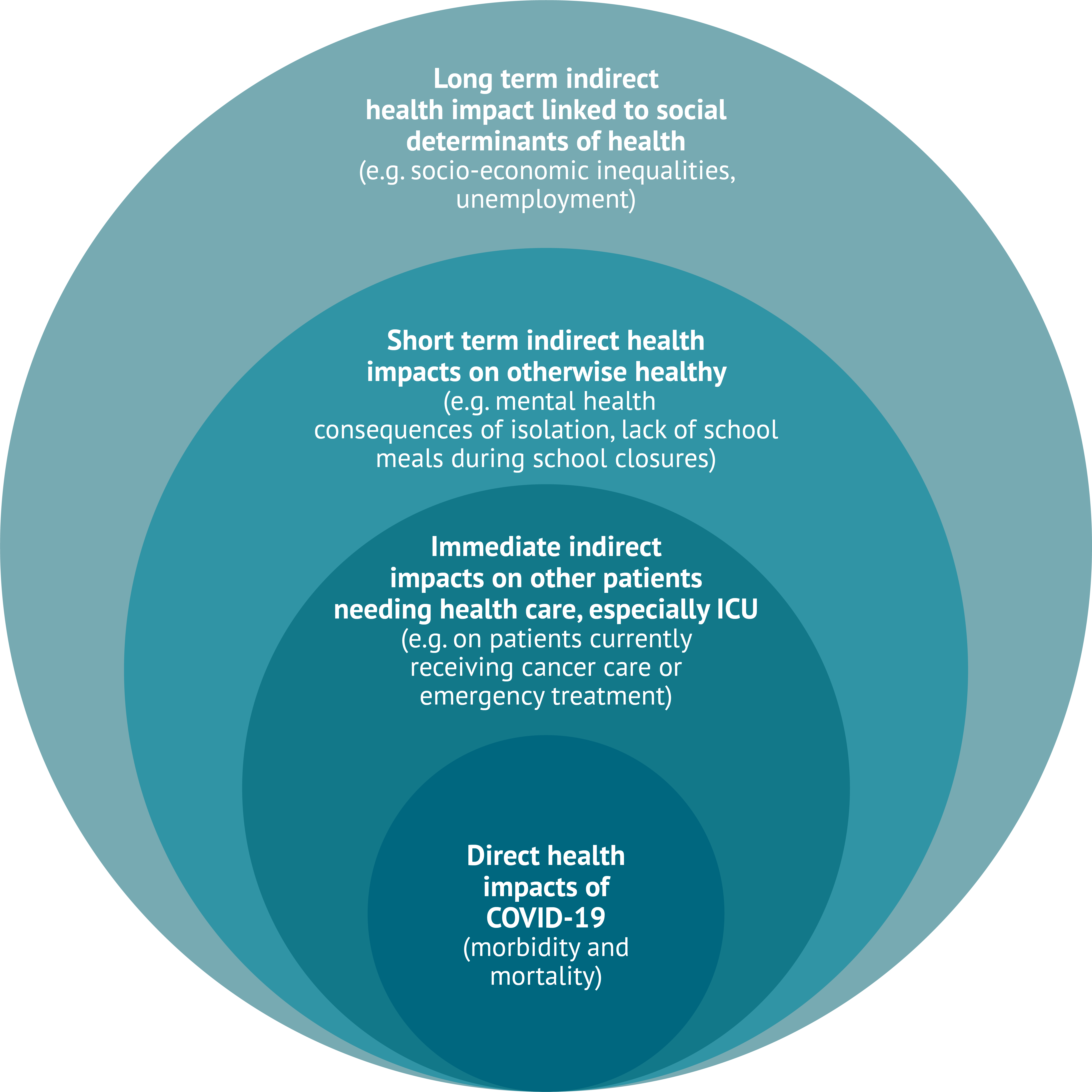Recommended
London’s biosecurity watchers have been spoiled for choice this month as the public hearings of the UK COVID-19 Inquiry finally kicked off in the same week the long-awaited National Biosecurity Strategy (BSS) was dropped.
The UK has much to learn from its performance during the COVID-19 pandemic as well as its extensive involvement in the 2014 West African Ebola outbreak. Important questions linger as to why the UK—a world-leader in public health, and a country in possession of a flourishing biological research sector and, outstanding public health and infectious disease research centres—experienced such significant disruption and high mortality during the pandemic. These are questions for the Inquiry, but the new strategy is an important statement that business as usual is over for British biosecurity.
The new BSS aligns with the UK’s refreshed Integrated Defence Review, confidently pushing biosecurity onto a common strategic platform with national security planning. Clear in its goal for Britain to occupy space on the international stage as a “scientific soft superpower,” this strategy shows profound evolutions from the last rather sparse iteration in 2018.
The ethos of the strategy is a focus on technological advancement and advanced life science research and the opportunities they provide the UK. Signalling this technocratic shift, there is a commitment to “emulate the work set out in the National Cyber Skills Strategy.” Artificial intelligence did not feature at all in the 2018 strategy, but a drive to position the country as a responsible AI hub, with strengthened linkages to bio-industry shows the BSS fitting in with a more harmonised science and technology policy agenda.
Critiques of the UK’s COVID-19 response highlighted a lack of clarity over the allocation of key roles and responsibilities. This document demonstrates for the first time real consideration of the implementation process, with departmental taskings clarified and mapped in some detail. The major new player on the biosecurity scene is the UK Health Security Agency, which, unsurprisingly, is allocated roles in biosurveillance, and vaccines and therapeutics. Notably, the Foreign Office and Ministry of Defence are also integrated into this framework with coordination resting at the feet of a responsible minister accountable to Parliament. An unanswered question remains, though, whether this new cross-departmental strategy will be able to collapse the operational silos that have been a hallmark of so much of previous UK biosecurity policy.
One Health—the approach recognising the interdependence of human, animal, and environmental health—makes a strong showing. Identified as a core focus in the biothreat preparedness domain, this concept is made concrete through defined organisational linkages and in new proposals such as the “biothreat radar.” Again for the first time, it explicitly centres a climate focused approach, the boldest commitment yet to this escalating bio-risk. Antimicrobial resistance, one of the WHO’s “top 10 threats to global health” recurs as a pressing interest the UK has long warned of at home and abroad.
Strikingly, the BSS makes robust commitments to multilateralism and the rules-based order during a time of deep geopolitical turbulence and nonalignment. Following so many years of Brexit-related turmoil, this commitment to strengthening international cooperation is a welcome signal that the UK takes itself seriously as a leader on the global biosecurity stage. The UK is committing to increase its core voluntary contribution to the World Health Organization, and to strengthen international biological arms control regimes. Recent experiences of Russian attempts to derail these regimes with hostile disinformation campaigns in Ukraine have shown the value of international solidarity allying biosecurity with wider security agendas.
The publication of this strategy is only a first step. Much work remains to be done across the board. The heavy focus on the industrial-technical, however, must also be tempered with a greater thrust towards potentially loss-making “safe to fail” basic research with longer timescales in mind as well as substantially increasing public-health and socio-behavioural infrastructure. Certainly, the social sciences play second fiddle to the technology-driven research agenda outlined in the strategy—despite their proven importance in addressing the social and economic impacts of bio-emergencies. This is the one serious strategic omission. The temptation to focus on single technology solutions must also be avoided at all costs. Recent criticism by Clive Dix, the former chair of the Vaccine Taskforce, raised anxieties that the government is gambling by investing so heavily in the much-lauded mRNA vaccine technologies without sufficiently exploring alternatives. Academia remains a natural home for these kinds of exploratory programmes—but a Brexit-related exodus of scientific talent has worried observers in recent years. An ambitious plan such as the one outlined in the BSS requires rigorous workforce planning to match and funding that is commensurate with the scale of the task.
There is much to celebrate in this refreshed approach to biosecurity. The challenge now is to match ambition with investment and continuity over the longer duration. As the COVID-19 Inquiry sets about dissecting national failures, this strategy is a step in the right direction to repair and rebuild for the better.
Disclaimer
CGD blog posts reflect the views of the authors, drawing on prior research and experience in their areas of expertise. CGD is a nonpartisan, independent organization and does not take institutional positions.
Image credit for social media/web: butenkow / Adobe Stock






